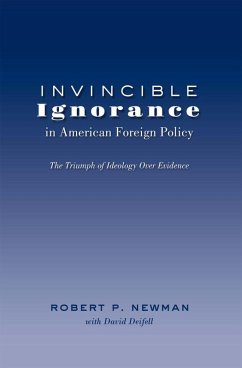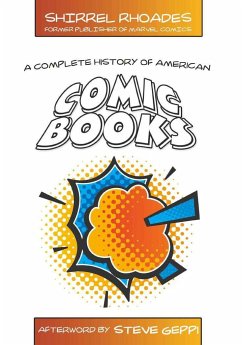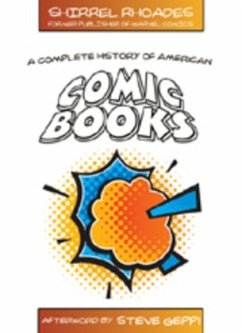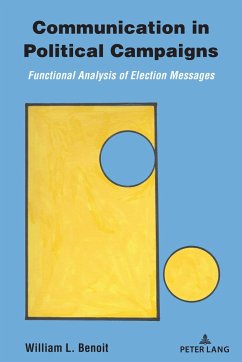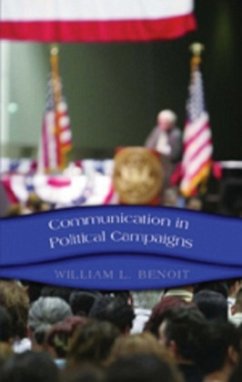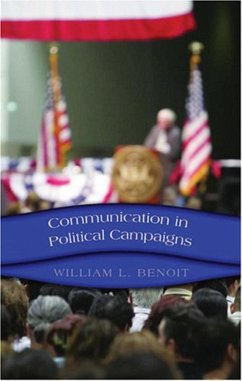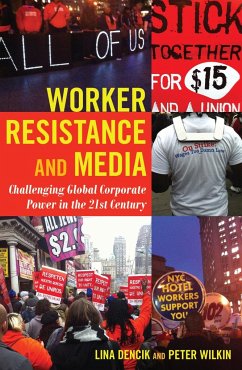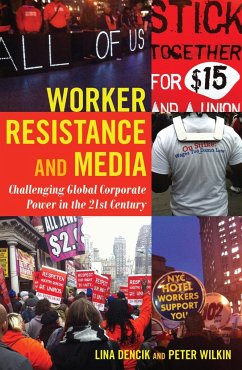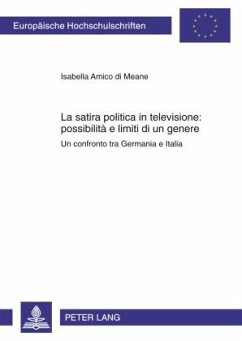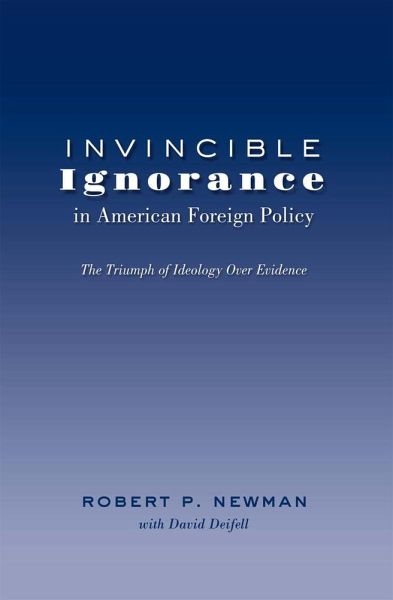
Invincible Ignorance in American Foreign Policy
The Triumph of Ideology over Evidence

PAYBACK Punkte
0 °P sammeln!
This book is a review of major post-World War II American foreign policy decisions made by authorities who were blinded by ideology. In each of the nine situations examined, accurate evidence was available and even known to many of the decision makers, but chauvinism, anti-Communism, or willful left-wing or right-wing ideological predilections carried the day. In the preface, Newman takes as his guiding light the words of Corey Robin: «The twentieth century, it's said, taught us a simple lesson about politics: of all the motivations for political action, none is as lethal as ideology. The lus...
This book is a review of major post-World War II American foreign policy decisions made by authorities who were blinded by ideology. In each of the nine situations examined, accurate evidence was available and even known to many of the decision makers, but chauvinism, anti-Communism, or willful left-wing or right-wing ideological predilections carried the day. In the preface, Newman takes as his guiding light the words of Corey Robin: «The twentieth century, it's said, taught us a simple lesson about politics: of all the motivations for political action, none is as lethal as ideology. The lust for money may be distasteful, the desire for power ignoble, but neither will drive its devotees to the criminal excess of an idea on the march.»
The analytical-critical essays comprising this volume sweep across the post-war period, from the Hiroshima decision through Bush and Iraq. Government documents, scholarly analyses, and Newman's own acerbic arguments both entertain and inform readers.
The analytical-critical essays comprising this volume sweep across the post-war period, from the Hiroshima decision through Bush and Iraq. Government documents, scholarly analyses, and Newman's own acerbic arguments both entertain and inform readers.





